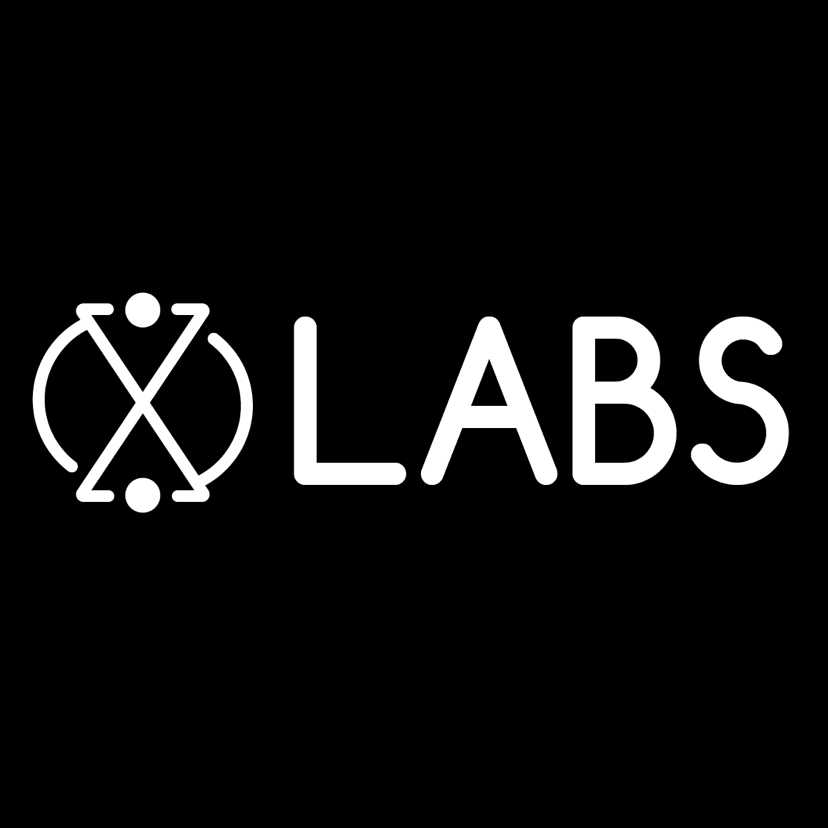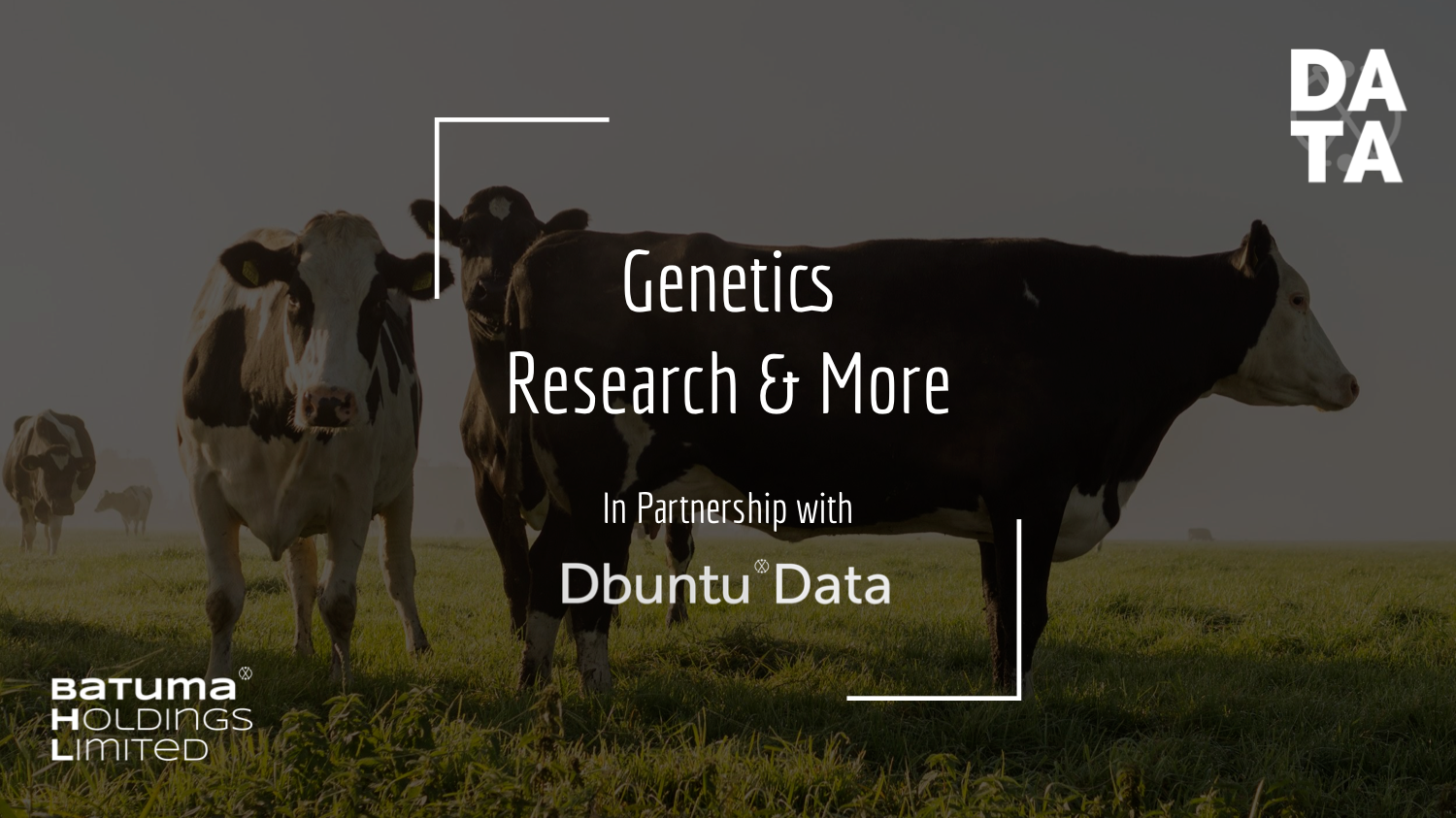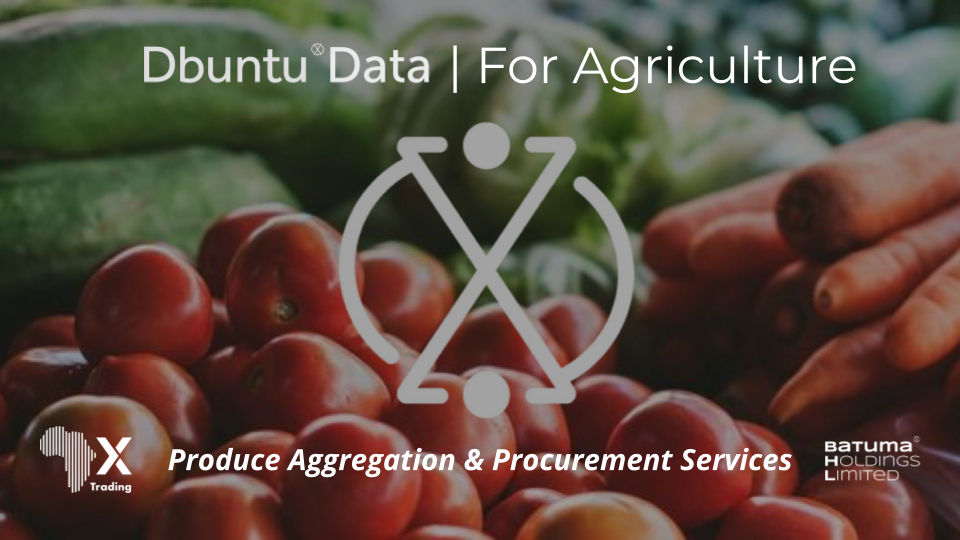
Since 2018, Dbuntu LABS has focused on bridging the data gaps in the agriculture industry, with the introduction of D4Ag; an online data dashboard with a two-fold mission to:
- Provide mobile electronic record-keeping and analytics tools, and in return gather valuable data insights for our clients.
- Deploy technology & data products to facilitate lucrative investment opportunities in inter-African trade.
“OUR FIRST MISSION IS COLLECTING AGRICULTURE DATA AS FOOD SECURITY IS IMPORTANT TO US”
Overview of Uganda’s Economy
The Ugandan economy represents great potential for rapid economic growth and development. Uganda ushered in a period of economic reforms which translated into an era of solid economic growth between the 1990s and 2000. These reforms were backed by continued investment in infrastructure, improved incentives for production and exports, reduced inflationary tendencies, and better domestic security which led Uganda into a mature reformer in 2006. With more favorable economic policies, both local and foreign investors have increased their investment portfolio in Uganda leading to a growing private sector. The financial year 2015/2016 still has high growth prospects for businesses as the volatility of the shilling continues to drop and becomes more stable against foreign currencies, especially the dollar.
Uganda surpassed the Millennium Development Goals (MDGs) target on halving poverty by 2015 and made significant progress in reducing the population that suffers from hunger, promoting gender equality, and empowering women. But the risks to Uganda’s economic prospects are significant and mainly relate to fiscal management in the face of election-related pressures, poor performance in the area of domestic revenue mobilization; and the uncertainty regarding the date of commencement of oil production and the subsequent flow of revenues. Beyond these risks, Uganda’s growth and development is constrained by the low levels of productivity of both agricultural and non-agricultural sectors; inappropriate urban development; the slow development of infrastructure; and the limited availability of credit. This type of growth can neither shield the economy from shocks nor accelerate its rate of economic growth to higher levels of prosperity.
Overview of Agriculture in Uganda
Agriculture in Uganda accounts for 31% of GDP and 80% of total employment. In 2005/06 the number of agricultural households was estimated to be 4.2 million or 78.8% of all the households. This trend is estimated to have gone up in terms of agricultural sector outputs which include cash crops, food crops, livestock, forestry, and fishing activities. The overall performance of the agricultural sector has been undermined by many factors including post-harvest losses, the effect of pests and diseases, poor agriculture methods, disasters like floods in Eastern Uganda among others. Many interventions have since been implemented to avoid such losses for example providing huge storage facilities for harvests, promoting cooperatives as well as developing systems and technologies to reduce losses and promote food security. Infrastructure such as roads have also been constructed by the government to ease transportation of food to the larger markets such as Kampala.
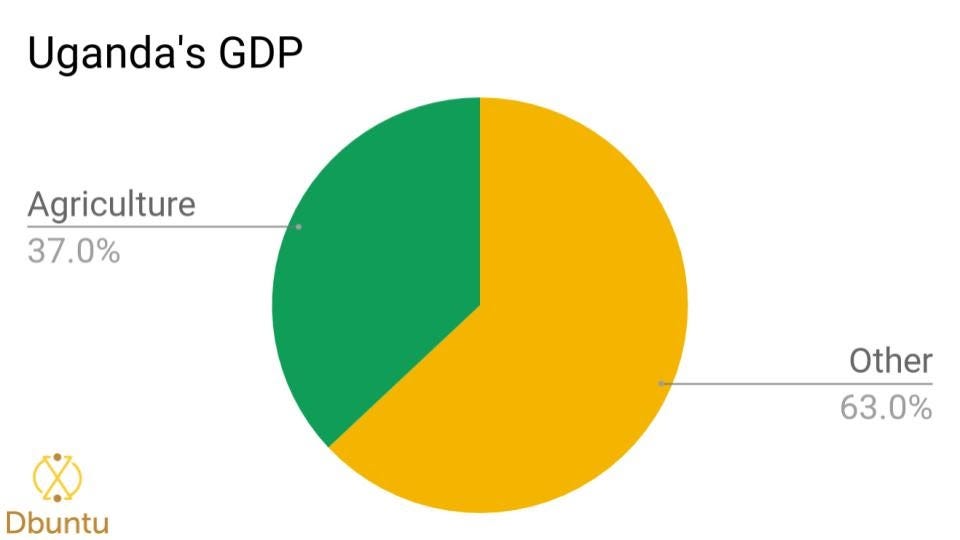
Modernization of agriculture is being encouraged by the government and largely being adopted by the population and in the year 2014/2015 slightly more than 3% of the budget was allocated to agriculture. This is slightly low considering that the sector employs most of the Ugandan population. The financial year 2015/2016 represents high prospects for this sector and there is a possibility of allocating an even bigger budget for this sector. As the backbone of the country, many individuals have embraced marketing their products both locally and on the global market through exporting products both in their raw form and semi-processed.
Uganda’s AgData Opportunity
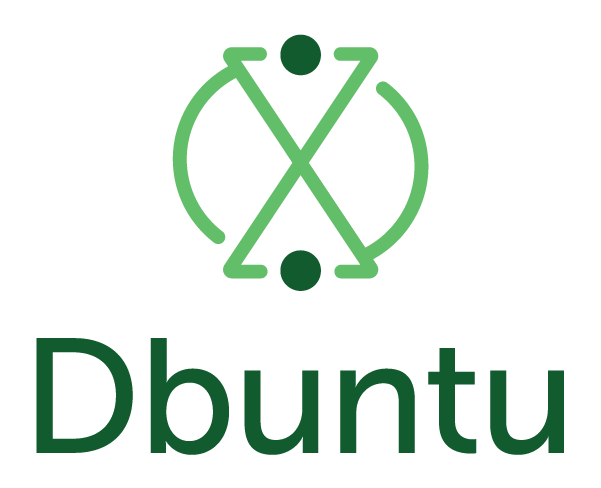
Agriculture, Uganda’s backbone, lacks timely and accurate raw data inhibiting evidence-based planning and decision making at all levels across the value chain. This drastically limits the growth of commercial agriculture development in Africa because farmers cannot confidently make informed decisions, investors cannot identify and take advantage of the lucrative opportunities to channel their capital, and the government can neither predict nor measure the effects of their policies. A majority of stakeholders are making poor decisions with their budgeted resources.
Close to 18.8 million or 77% of the Ugandan population depend on agriculture for their livelihoods and close to 50% of this is the rural population which entirely dependent on agriculture as their sole economic activity (U.S. Library of Congress Data, Appendix 1)
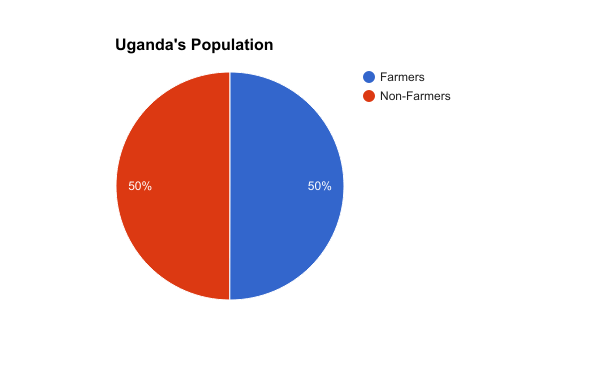
Tougher climate and commodity price conditions are making it all the more relevant for farmers to use any information they can get their hands on. The data gap currently present in Uganda’s agriculture industry — its most densely populated industry — by far affects the most number of people, is why we chose to focus on agriculture data first.

AGRICULTURE GOALS:
- Increase food production
- Reduce poverty and malnutrition
- Map food deserts and improve food security
- Empower communities
Our model engages respondents actively involved in agricultural activities using our applications which provide services they need. We design and build mobile data collection products that deliver both near-term value to farmers and a platform for continuing development. This helps us get data-informed answers, map food deserts, increase overall food production, and improve national food sovereignty. Our agriculture apps such as Dbuntu Cattle empower agricultural businesses with data to optimize their cattle production & performance. It then allows Dbuntu Data to do real-time analyses of regional productivity, nutrition, food security, and information access with the data we collect.
At Dbuntu Data we see beyond data collection! We explore where data is needed and make a plan. Ease in data recording, human empowerment, and effective use of resources. Dbuntu Data is intelligently structured to accommodate the beauty of management and successfully orchestrate it through the morals of ‘ubuntu’.
Target Customer Segment Analysis
Dbuntu’s beginning target customers are family-owned farming operations that are looking to improve their farms and have the resources to do so. These farms are the large subsistence, small commercial, and medium commercial farms that typically sell excess milk giving them an incentive to increase production. They likely still take records on notebooks or do rudimentary record-keeping on a laptop, hindering their ability to make good decisions because of their inability to analyze the data Some owners may have other businesses, but almost all of them will have smartphones. The large commercial and Top-Tier farms likely already have complex enterprise resource tracking systems in place and therefore will not use our services.
Through this joint effort, we intend to experiment with scalable strategies for business development by establishing an “agent/retail” model (similar to that used by the Mobile Money/Telcos). With direct access to various consultants & experts in the livestock/cattle value chains we look to collaborate on a series of engaging content hosted on an online skilling platform designed to skill prospective D4Ag ™ agents (beyond what the technical experts do) in the practical application of a data-driven approach to agribusiness, creating with new opportunities & jobs for youth joining agribusiness, in todays digital era.
Secondly, we plan to leverage a master agent “dealer/reseller/wholesale” model (similar to that used by the Breweries) around other mid-large scale farmers with an exclusivity radius to a geographical location (I.e. Lyantonde, Mbale, Gayaza). This will enable them to get wholesale discount prices for our services, access to the agent trainings, and generate cashflow to grow and expand their business & sales efforts in the territory of exclusivity, all while creating jobs for D4Ag’s agents. We will also have a D4Ag ™ Sales Rep positioned regionally as a sales & technical support hand on ground.
In terms of content directed towards the agents & master agents/farmers (audience), it would mostly comprise of:
- Product Tutorials — agents business model: how to make a living as a D4Ag agent.
- Testimonials — Farmers success stories, leaderboards (I.e. highest milkers by region, most reliable input providers or breeders).
- Farm History/Vision Stories — This is more an emotional touch point / appeal with farmers as they share both the history & vision for themselves as farmers.
We are optimistic in the scalability of this business model, the price made as little as UGX 1,000 UGX (~USD 0.25 cents) per month for each cow (*subject to tier change), the D4Ag ™ | Livestock/Cattle service is made affordable for pretty much anyone. There are about 11M cattle livestock in Uganda, assuming a 5% market share of that market (550,000 cows), a basic subscription model can generate monthly recurring revenues of UGX 550,000,000 (~USD 140,000), which is what we targeting we shall achieve by 2025. In addition to this will be the creation of a network of Breeding Centre’s where farmers can get access to locally generated genetics research (NAGRC), breeding resources (URUS/Genex), and more (i.e. cattle backed loans) and this will be introduced/setup around model farms (master agents).

Data for Agriculture (D4Ag ™) is a simple mobile record-keeping and farm management suite that fosters data-driven decision-making and empowers small, medium, and large farms in Uganda & East Africa to optimize their food production and improve their productivity/performance.
.png?width=100&height=100&name=AfricaX%20(1).png)

